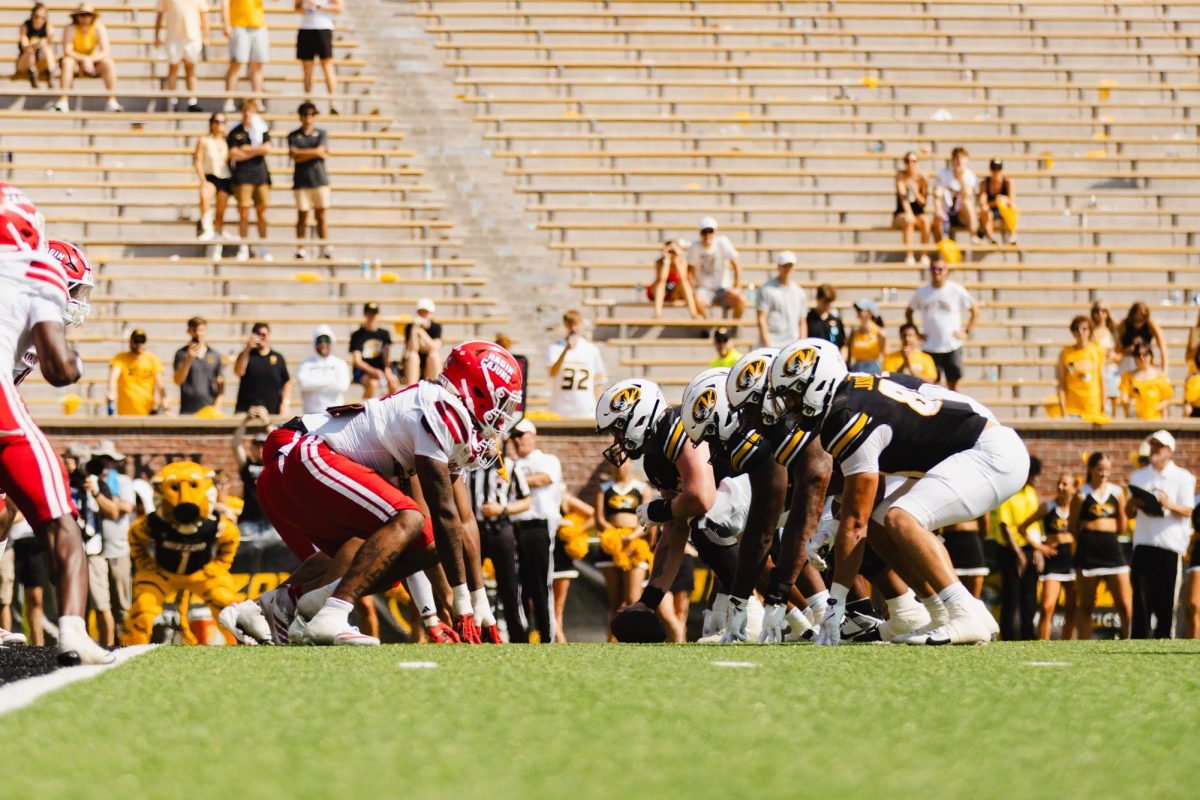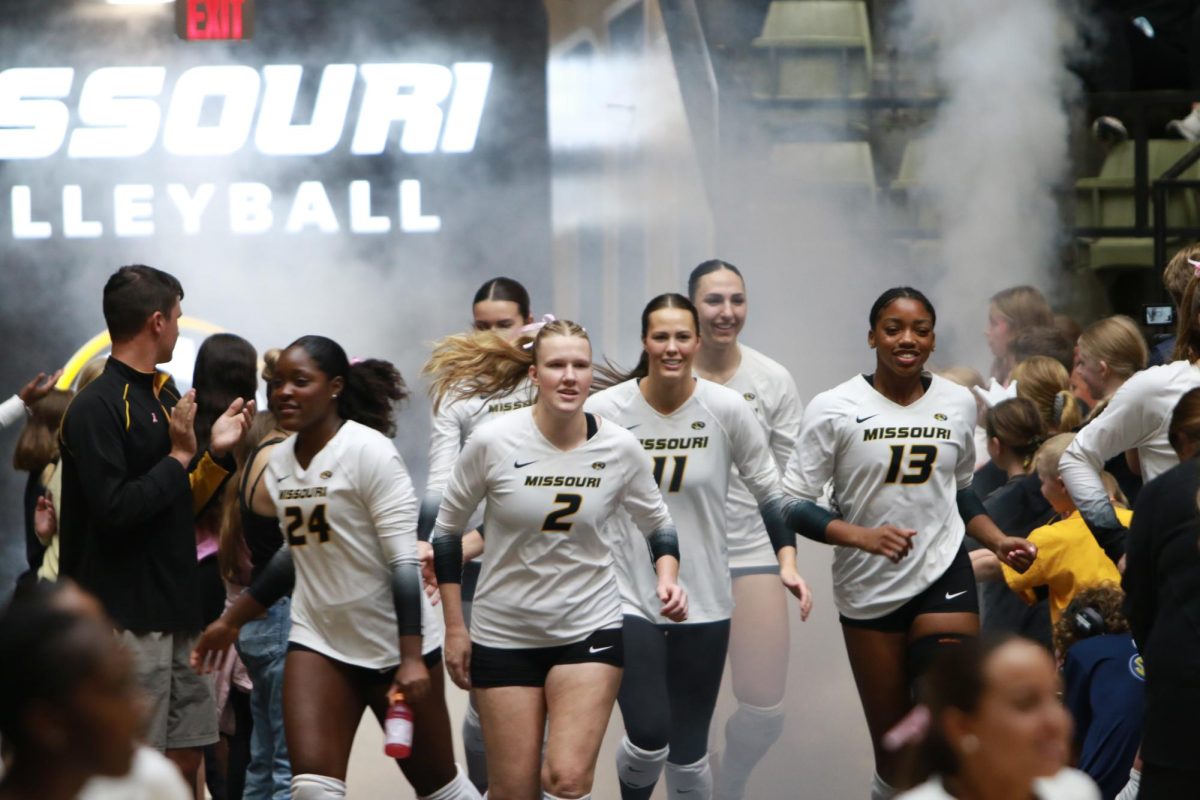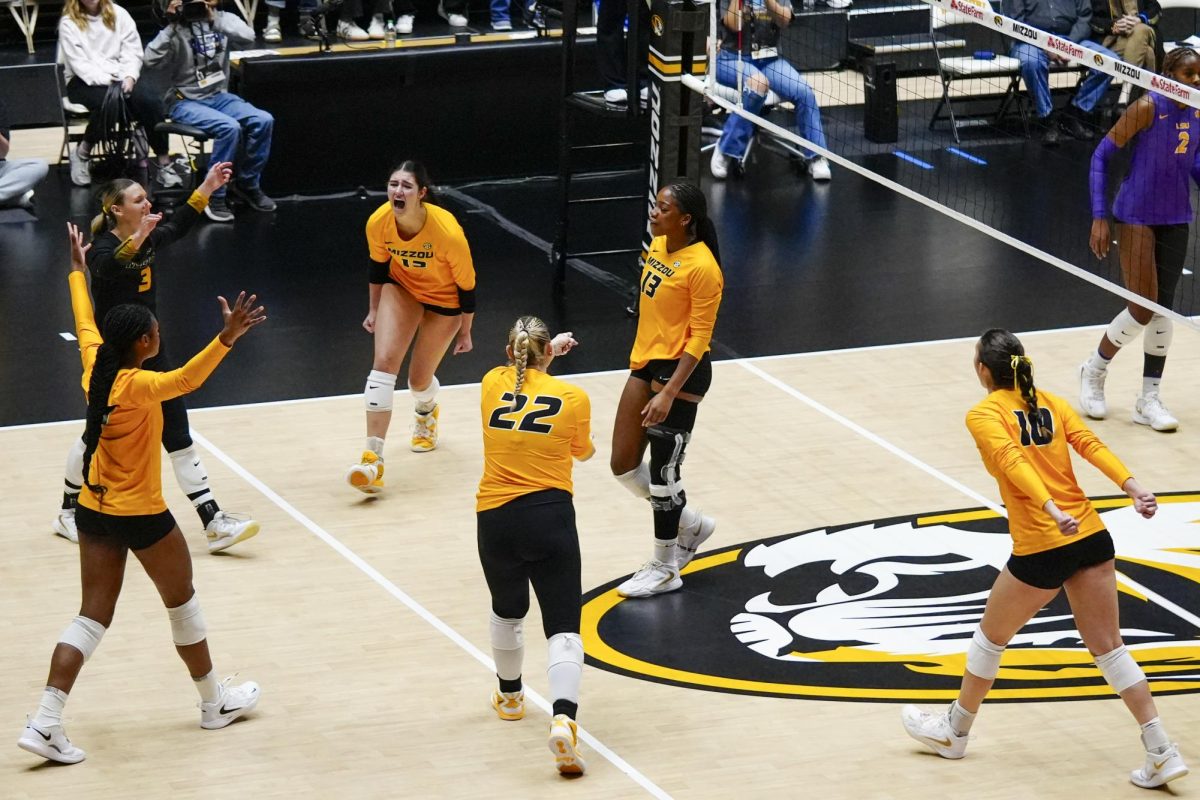Since Week 7 of the 2015 season, NFL team X is 21-4 and is top-three in margin of victory and point differential. Over that time, they’ve won more games than powerhouses like the New England Patriots and Seattle Seahawks, and they have outscored Aaron Rodgers and the Packers.
Any idea who that team is? No, it’s not the Denver Broncos. It isn’t the Atlanta Falcons. And it certainly isn’t the Dallas Cowboys.
NFL team X is the Kansas City Chiefs, who enter their Sunday Divisional round matchup at Arrowhead Stadium as two-point favorites over the Pittsburgh Steelers. Surprising right?
Ordinarily a team with that sort of regular season success and a resume like the Chiefs’ would command immense hype from the media. There would be countless “This is the Year” headlines, and they might even be Super Bowl favorites. As the No. 2 seed in the AFC playoffs with a 12-4 record, they would almost certainly be lauded as one of the NFL’s most dangerous teams. They might even be seen as the team that will finally take down the Patriots in the AFC.
Instead, Kansas City’s Super Bowl prospects have once again been met with lukewarm skepticism.
Despite having a defense that allowed the seventh fewest points in the NFL and playmakers on offense in Tyreek Hill, Travis Kelce and Jeremy Maclin that have the ability to burn defenses, the Chiefs are still being doubted as serious contenders.
The apprehension comes from questions surrounding quarterback Alex Smith and whether he can truly lead a team to the Super Bowl as one of the league’s more middle-of-the-road quarterbacks.
Tags like “average” and “mediocre”, or possibly worse “game manager” have followed Smith from San Francisco, where he began his career with the 49ers, to Kansas City, and they stem from his sleep-inducing conservative style of play. His patented six-yard outs and short slant passes just aren’t sexy next to the crisp passes that come out of the hands of Tom Brady’s and Aaron Rodgers’ of the world. From bar room conversation, to network debate shows, to national columns, Smith is seen as the median among NFL quarterbacks — not great, not bad, just aggressively medium.
But as Smith and the Chiefs prepare for their third playoff appearance in four years, this time after a first-round bye, it beckons the question: Just how average is Alex Smith?
A look at your traditional NFL statistics, like yards, touchdowns and interceptions, tells a story that Alex Smith was far from special in 2016. In fact, he may have even been below average.
Smith finished the regular season with 3,502 yards (22nd), 15 passing touchdowns (27th) and eight interceptions (10th fewest). Next to other players’ stats, Alex Smith resembles something closer to a first-year player, or a backup, than a 12-year NFL veteran.
His playing style worked both ways for him this season. In 2016, Alex Smith’s play was more conservative than it had been in the past, something some may have thought impossible. The short passes that he’s lived off of his entire career got even shorter this year, with his average pass attempt dipping to just 7.2 yards. With these shorter passes, he completed a career-best 328 passes with a completion percentage of 67.1 percent, the second-highest of his career.
One might have figured that extra completions and an increased completion percentage would have translated to more touchdowns, but instead, Smith threw his fewest TDs since 2012.
Where his style did pay off was in the turnover department. The short throws that have come to define Alex Smith as a game manager are the same ones that keep his turnover totals low. This season he finished with the 10th-best interception percentage among starting quarterbacks, and the Chiefs had the eighth-fewest offensive giveaways in the league.
Say what you want about Smith and his monotonous play, but his ability to hold onto the football and avoid turnovers, which is something many of the league’s quarterbacks struggle with, may prove crucial in January.
By traditional standards, this season was a prime example of why Smith has gained his vanilla reputation. Finishing top-10 in interception percentage doesn’t exactly jump off the page at you like touchdowns might. On the surface, Alex Smith appeared to be what he always is — average.
But a look at one particular advanced statistic suggests that Alex Smith was in fact better than average.
Over the past few years, DVOA, or defense-adjusted value over average, has become the most widely accepted advanced statistic in football. At its core, the stat measures a team’s or player’s efficiency by comparing success on every single play to a league average based on situation and opponent. For example, eight yards on first-and-10 against the porous Cleveland Browns defense is less valuable than eight yards on third-and-8 against the stout Denver Broncos defense.
While he tends to fall into the bottom half, or even the bottom third of all starting quarterbacks in yards and touchdowns, Alex Smith’s DVOA paints an entirely different picture of who he is. His DVOA of 9.6 percent (meaning, according to the stat, that he is 9.6 percent better than the average quarterback) ranks 10th in the NFL among quarterbacks who have thrown 200+ passes, putting him ahead of the likes of Super Bowl champion Russell Wilson (3.9) and past MVP candidates Andrew Luck (8.0) and Matthew Stafford (7.3).
But what does DVOA really mean?
It’s an important metric because standard statistics can be deceiving. The casual fan can look at Blake Bortles, who threw for 3,905 passing yards and 23 touchdowns, and tell you he had a better season than Alex Smith. But what those stats don’t tell you is that Bortles’ DVOA indicates he was -9.9 percent worse than your average quarterback and over 20 percent worse than Smith on his way to a 3-13 record.
The same goes for Baltimore Ravens quarterback Joe Flacco, who also out-threw Smith in 2016. Despite his “strong” numbers, the former Super Bowl MVP put up a DVOA of -13.9 percent with the second-most pass attempts in the NFL.
The lesson here? True value isn’t always found in touchdowns, yards and completions.
None of this is to say that Alex Smith is a better quarterback than Russell Wilson or Andrew Luck, or necessarily any of these quarterbacks (OK, maybe Blake Bortles). In so many ways Luck, Wilson and Stafford blow him out of the water. Smith’s arm is nothing compared to Andrew Luck’s. And his ability to move around in the pocket pales in comparison to Russell Wilson’s.
But with 22 wins over the past two seasons, more than Aaron Rodgers, Matt Ryan and Eli Manning, and a better quarterback rating than Raiders quarterback Derek Carr this season, he is more than a game manager. And he is certainly not just average.
In reality, Smith is a victim of his own style. He isn’t going to wow anyone by zipping a ball into a tight space or with a perfectly placed long ball like some the league’s elite quarterbacks, but he gets the job done.
In a league that values Porsches and Lamborghinis like Tom Brady and Aaron Rodgers, Alex Smith is a fuel efficient Honda CRV.
Never the prettiest. Not the most spectacular. But undoubtedly effective.
Edited by Eli Lederman |[email protected]







